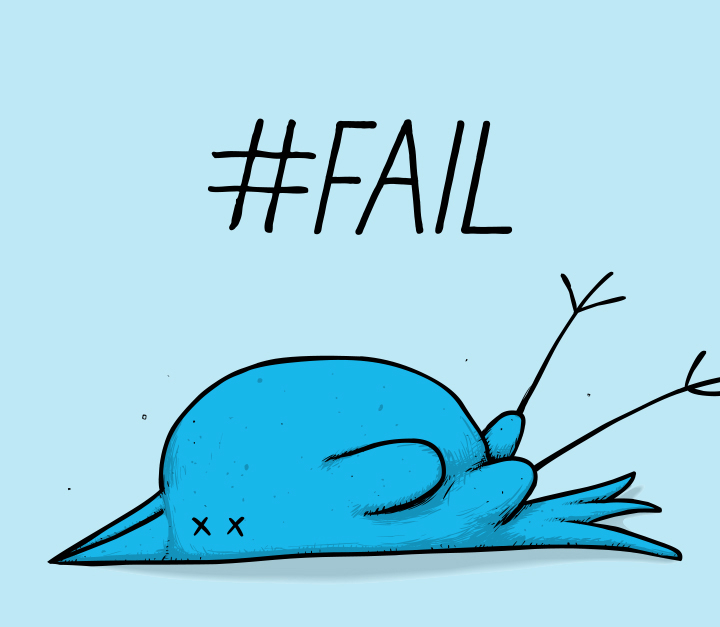 The social platform seems to have lost its way. Can they successfully remake themselves?
The social platform seems to have lost its way. Can they successfully remake themselves?
Twitter is not a happy place these days. The recent flight of several Twitter execs follows three quarters of flat growth in 2015. All of this spells potentially serious trouble for the platform, perhaps even the end of Twitter itself according to Joshua Topolsky in The New Yorker.
“It wasn’t that long ago that I—and many other people I know—would have argued that Twitter was more than just another social network,” Topolsky writes. “I would have told you that Twitter was more like a utility, a service so fundamental that I could imagine a scenario in which it was literally underwritten. Twitter needed to exist. A stream of those hundred-and-forty-character tweets was how you found the most crucial, critical, and thought-provoking stories of the moment.”
Nowadays, the blush is off the rose and the flaws in the system are evident.
“But cracks in Twitter’s façade had been showing already,” he continues. “Changes to the product made it hard to follow conversations or narratives. A lack of rigor in verifying reliable sources made information suspect or confusing. More troubling was the growing wave of harassment and abuse that users of the service were dealing with—a quagmire epitomized by the roving flocks of hateful, misogynistic, and well-organized ‘Gamergate’ communities that flooded people’s feeds with hate speech and threats. The company seemed to be wholly unprepared to handle mob violence, with few tools at its disposal to moderate or quell uprisings. Even its beloved celebrity users couldn’t be protected. In August of 2014, Robin Williams’s daughter, Zelda, was driven off the service after a series of vicious attacks.”
Add to this the documented growth and revenue doldrums, which precipitated a steep stock price plunge over the past few months, and it’s clear Twitter has some basic existential problems.
They are even rumored to be moving away from the 140-character tweet limit that made Twitter, well, Twitter, and are planning to compete in the crowded longer-form content platform space.
“The hope is that, among the multitude of other storytelling platforms, Twitter can compete for the short- and long-winded alike. It’s a move that counters everything its users have come to embrace, and it is especially risky given that brevity is one of the few things that makes the social network unique,” explains Topolsky.
Topolsky reminds us that CEO Jack Dorsey once famously answered the question of “What is Twitter” by saying: “We don’t have an answer, and that’s O.K.”
“When he said it, he meant it as a positive: Twitter is what you make of it.,” explains Topolsky. Unfortunately, this kind of vague, unsupervised playground mentality leads to the problems and chaos that is making the platform increasingly irrelevant.
